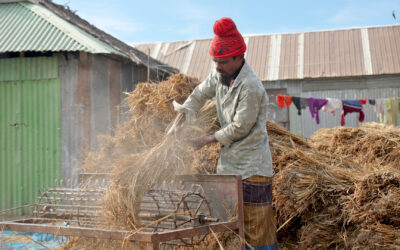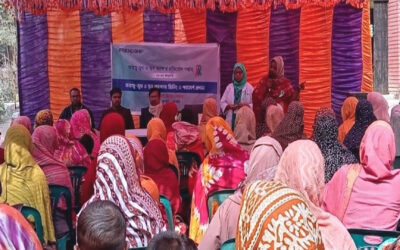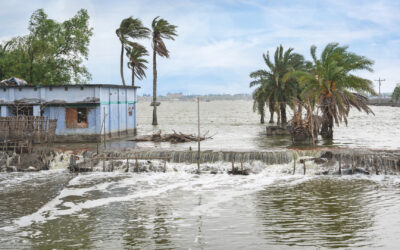Building a Just and Sustainable Tomorrow
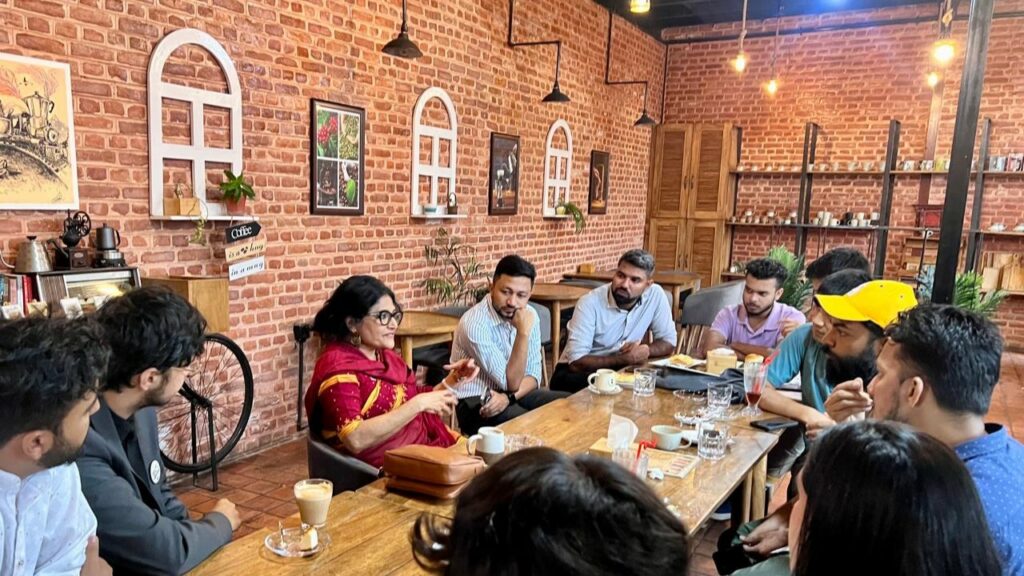
by Runa Khan,
September 16, 2024
In late August, during my trip to Nepal, I had the pleasure of sitting down for an engaging coffee meet with some of Nepal’s most promising young leaders. The gathering brought young minds of Nepal coming from both the Global Shapers Kathmandu and Debate Network Nepal (DNN)—it was an exchange of ideas, a sharing of visions for a more just, dignified and sustainable world. Their energy and passion were unmistakable, so much like the changemaker youths of Bangladesh.
In the same way as the transformative youths of Bangladesh, they are not waiting for change to happen; they are actively shaping it in every sphere of society. The team of over 80 alumni and active Global Shapers in Nepal, with their initiatives and fearless drive to tackle challenges across sectors—from agriculture to public health—pushes beyond what many might think is possible. Debate Network Nepal carries that same spark, empowering over 11,000 young minds to lead with conviction and challenge the status quo. Both groups represent a future that is bold, innovative, and driven by a deep sense of purpose. Their work shows a clear understanding of the global challenges we face—from climate change to social justice to building more equitable systems.
Reflecting on my time with them, I could not help but draw parallels to the thousands of youth I have worked with in Bangladesh—youth who are actively reshaping the trajectory of the nation. At Friendship, we currently have over 10,000 young people engaged, from Friendship school students to flood volunteers, farmers, fishermen, international volunteers, and even European school students through ISCP. These are individuals who come from diverse walks of life but are united in their commitment to building a better, more equitable world.
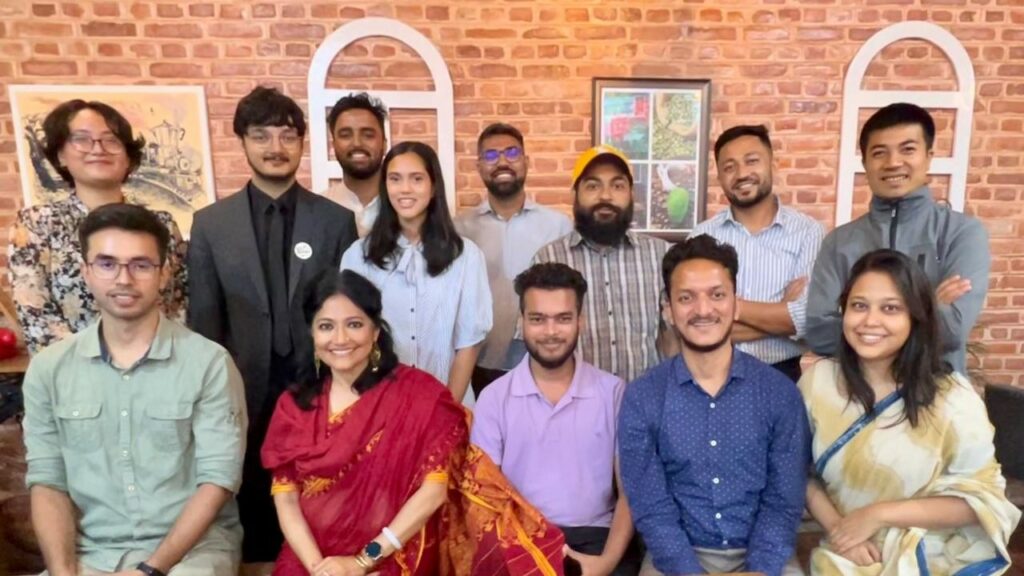
The Bangladeshi youth too, driven by a desire for justice and sustainability, are breaking down barriers, forging new paths, and pushing the country into an era of resilience and growth. It is not just about tackling today’s problems, but about creating a future where we all thrive.
As our discussion in Kathmandu unfolded, I found that these young changemakers like their Bangladeshi counterparts view sustainability in the broadest sense—not just environmentally, but as a foundation for justice and inclusion. Their unwavering commitment to issues like climate resilience and gender equality further strengthened my belief of a better tomorrow. They see the road ahead clearly, and they are ready to walk it with courage and innovation. Reflecting on the youth who have shifted the political paradigm of Bangladesh and the dynamic youth of Nepal – I left that gathering with the firm belief that South Asia’s future is in the right hands.
But we, the generations before them, cannot simply watch from the sidelines. Our role is crucial. We must be allies—offering guidance, mentorship, and the resources needed to support their journey. The youth are the architects of the future, but they cannot build it alone. We must nurture within them the right values—dignity, justice, and compassion—that will empower them to navigate the challenges ahead. These values will continue to grow within them, driving their actions long after we are gone, ensuring they lead the future with integrity. This shared journey towards a just and sustainable world requires all of us to step forward together.
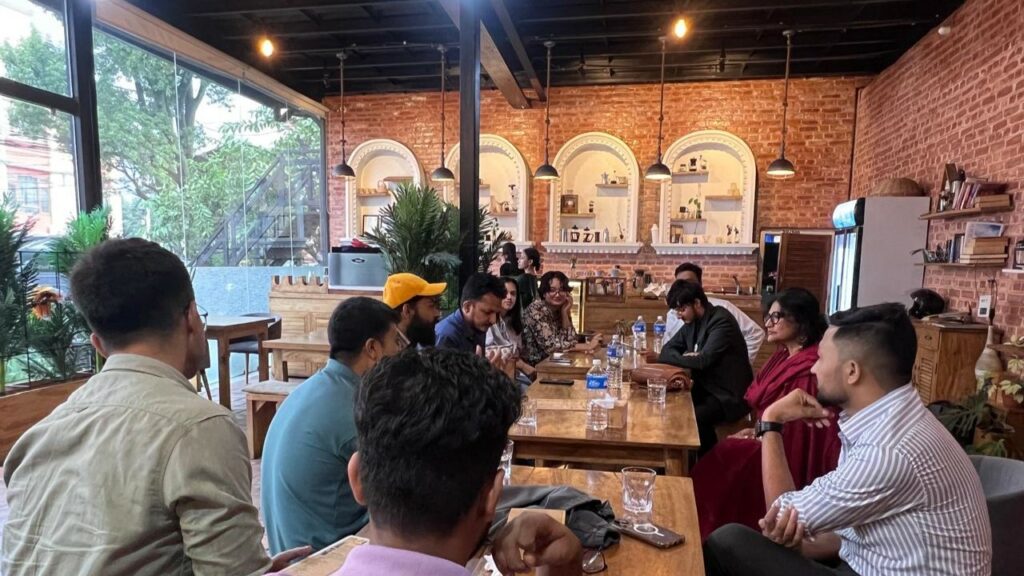
I will continue to stand beside them all and the youths of Bangladesh and South Asia—offering my voice, my heart, and my unwavering support. Youth are the future of South Asia and the world. And together, we will create a future that is brighter and more just than we can even imagine. They our future, and it is a future we can all believe in.
Note: This article was originally published on Runa Khan’s LinkedIn

